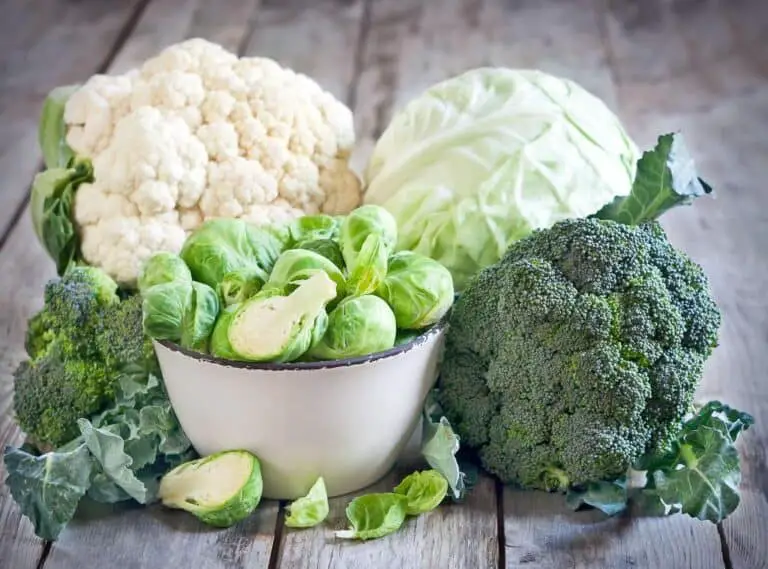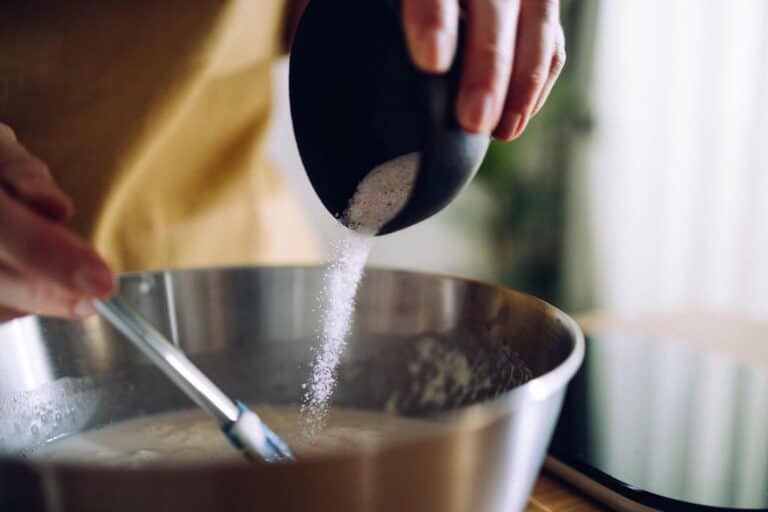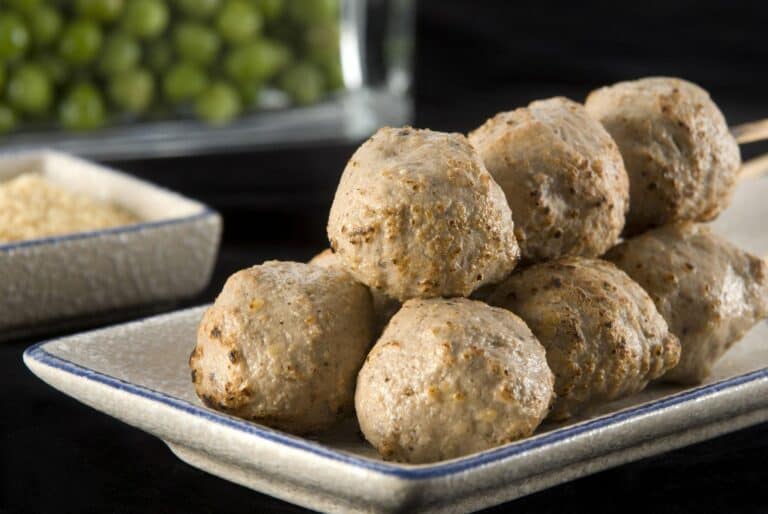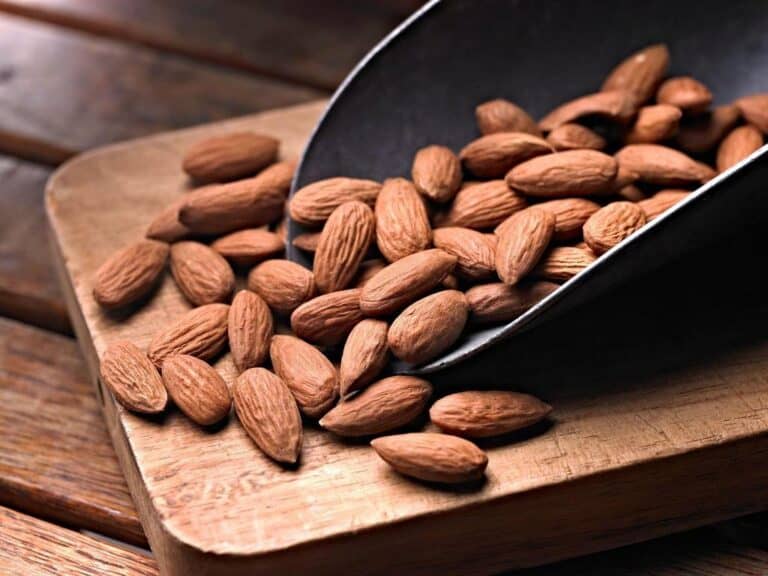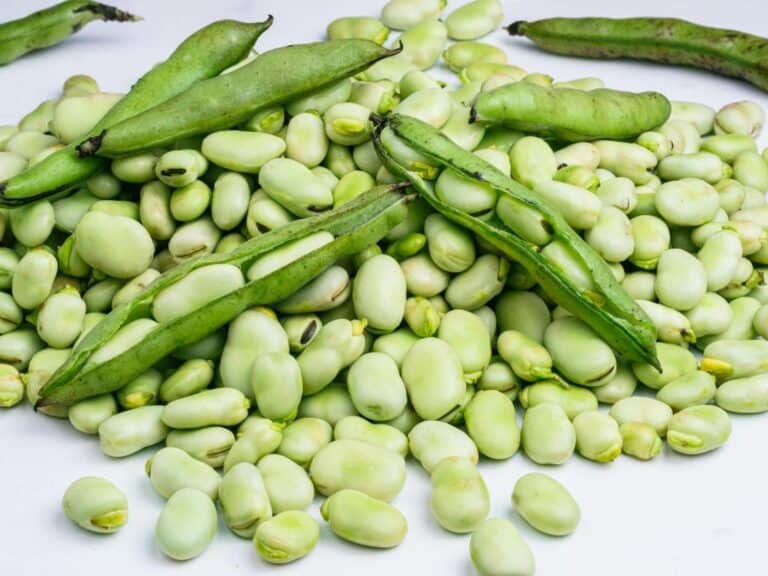Raw Zucchini vs. Cooked Zucchini: Which One is Healthier?
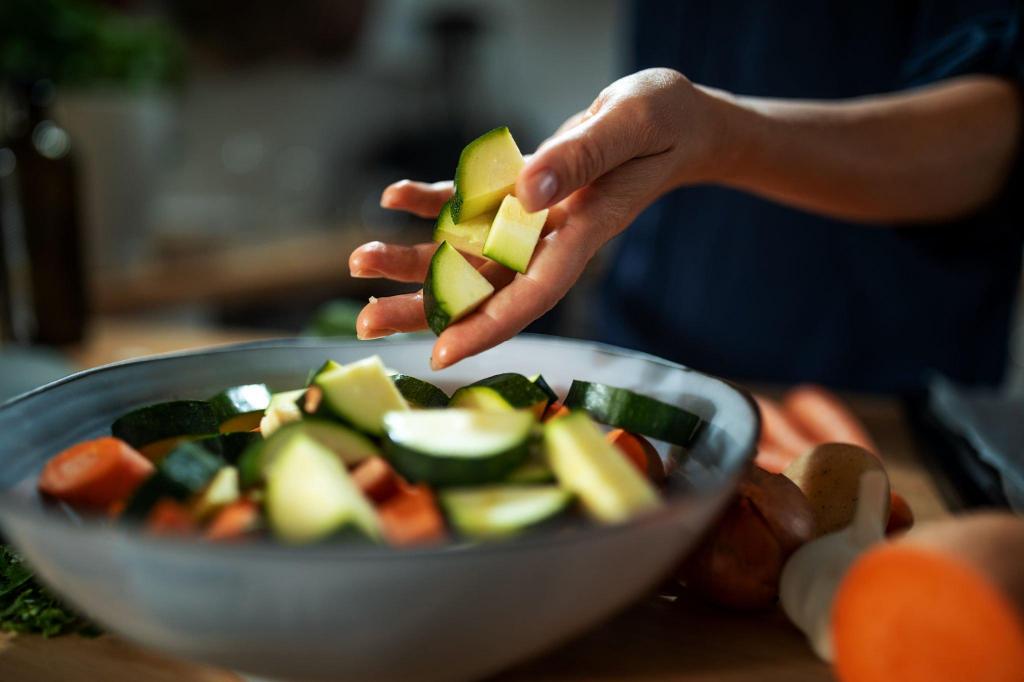
Zucchini, with its vibrant green skin and mild taste, is a versatile vegetable that has found its way into kitchens across the world. Its popularity can be attributed to not only its culinary versatility but also its impressive nutritional profile. This humble veggie is packed full of vitamins, minerals, and dietary fiber. It has become a staple in many health-conscious households.
But here’s the burning question: Is zucchini healthier when consumed raw or cooked? Most recipes call for zucchini to be cooked, whether grilled, sautéed, or baked. However, some advocates argue that eating it raw provides even more benefits. The debate between raw and cooked zucchini has sparked curiosity among health enthusiasts and food lovers.
In this article, we will dive deep into the nutritional benefits of zucchini, both raw and cooked. We’ll explore how cooking methods may affect nutrient content. We’ll also shed light on new perspectives surrounding this intriguing topic.
So if you’re eager to learn whether cooking your zucchinis could actually compromise their nutritional value or if consuming them raw is truly superior, read on! It’s time to settle the score once and for all.
Nutritional Profile Raw Zucchini vs. Cooked Zucchini
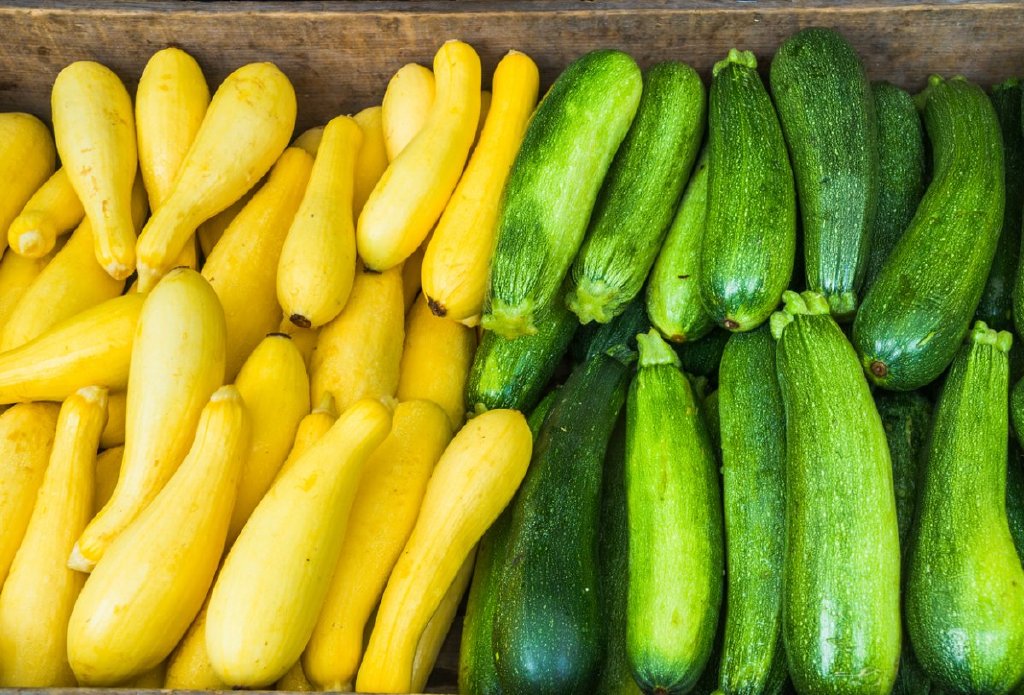
Zucchinis are packed with essential nutrients. These nutrients can benefit our overall health. These verdant vegetables are a great source of vitamins A, C, and K.
Vitamin A helps keep your eyes healthy and your immune system strong. On the other hand, Vitamin C is known for its antioxidant properties. It helps the immune system and encourages collagen production. Vitamin K aids in blood clotting and bone health.
In addition to vitamins, zucchinis also boast other vital nutrients, such as folate and potassium. Folate is crucial for cell growth and development. It is particularly important during pregnancy. Meanwhile, potassium plays a significant role in regulating blood pressure levels and maintaining heart health.
However, it’s worth noting that different cooking methods can affect nutrient retention in zucchinis. Cooking techniques like boiling or steaming might lead to some loss of water-soluble vitamins, such as vitamin C, due to prolonged exposure to heat or contact with water. On the other hand, sautéing or stir-frying preserves more of these delicate nutrients compared to boiling methods.
While some nutrients may be lost during cooking processes involving heat or water exposure, others become more easily absorbable by our bodies when heated—such as beta-carotene which converts into vitamin A upon consumption. Ultimately, whatever method you choose for preparing your zucchinis—raw or cooked—it’s crucial to strike a balance between maximizing nutrient intake while still enjoying their delicious flavors!
Nutritional Content: Raw vs. Cooked Zucchini
- Raw Zucchini: is rich in vitamin C, a potent antioxidant that supports immune function. Also contains fiber, aiding digestion and promoting satiety.
- Cooked Zucchini: While cooking reduces some vitamin C content, it enhances the availability of other nutrients like beta-carotene, which the body converts to vitamin A for vision health.
Benefits of Eating Raw Zucchini vs Cooked Zucchini
Raw zucchini offers numerous benefits when consumed in its uncooked form. One advantage is the preservation of heat-sensitive nutrients that may be lost during cooking. When vegetables are heated, especially at high temperatures, certain vitamins and minerals can be destroyed or reduced. Raw zucchini retains these vital nutrients, ensuring you get the maximum nutritional value from your food.
Another benefit of eating raw zucchini is the presence of enzymes that aid digestion. Enzymes play a key role in breaking down food and facilitating nutrient absorption in our bodies. Cooking vegetables can denature these enzymes. By consuming raw zucchini, you allow it to remain active and support optimal digestion.
Moreover, consuming raw zucchini provides ample hydration. Raw zucchini retains its natural water content. Staying hydrated is crucial for maintaining overall health and well-being, as it supports various bodily functions such as regulating body temperature and aiding in digestion.
Benefits: Raw vs. Cooked Zucchini
- Raw Zucchini: Eating raw zucchini maintains its enzyme content, supporting enzymatic processes crucial for metabolism and cellular function.
- Cooked Zucchini: Cooking zucchini softens its texture, making it more palatable for some individuals, and can increase the absorption of certain nutrients like lutein and zeaxanthin, which promote eye health.
Incorporating raw zucchini into your diet ensures you receive all the essential nutrients. It also adds freshness to your meals and promotes better digestive health through enzymatic activity and hydration. So next time you’re considering how to enjoy this versatile vegetable, give raw zucchini a try!
Antioxidant Content: Raw Zucchini vs. Cooked Zucchini
Antioxidants play a crucial role in promoting overall health by neutralizing harmful free radicals in the body, thereby reducing the risk of chronic diseases such as heart disease, cancer, and diabetes. When comparing the antioxidant content of raw and cooked zucchini, it’s essential to consider the effects of different cooking methods. Cooking methods can affect nutrient retention.
In raw zucchini, antioxidants like vitamin C and beta-carotene are abundant, contributing to its vibrant color and fresh taste. However, the cooking process can cause some loss of these antioxidants, depending on factors such as temperature and cooking duration. Despite this, lightly cooked zucchini still retains a significant portion of its antioxidant content, making it a valuable addition to a balanced diet.
Research suggests that regular consumption of antioxidant-rich foods, such as zucchini, may help prevent oxidative stress and inflammation. These are underlying factors in many chronic diseases. Therefore, whether consumed raw or cooked, incorporating zucchini into your meals can contribute to your overall health and well-being.
Cooking Methods Impact: Boiling, Steaming, and Grilling
Boiling, steaming, and grilling zucchini are all common ways to cook it that bring out different tastes and textures. Each method offers its own benefits and considerations. Health-conscious individuals look to maximize the nutritional value of their zucchini.
Boiling zucchini is a quick and easy way to cook this versatile vegetable while retaining most of its nutrients. By submerging the zucchini in boiling water for a short period of time, you can enhance its vibrant color while maintaining its firmness. Boiled zucchini also tends to be gentler on the digestive system compared to raw or heavily cooked varieties.
However, one downside of boiling is that some water-soluble nutrients may leach into the cooking liquid. To mitigate this loss, consider using the leftover liquid as a base for soups or sauces.
Steaming is another popular option for those who want to preserve both taste and nutrition in their zucchinis. By exposing sliced or whole zucchinis to steam from hot water without direct contact with liquid, this gentle cooking method helps retain more vitamins and minerals than boiling does.
Steamed zucchini retains its natural crunchiness. It becomes tender enough to bite into comfortably. This makes it an excellent choice for salads or side dishes where texture matters.
Grilling adds a smoky flavor profile that many find irresistible when preparing zucchinis as part of summer barbecues or outdoor gatherings. The high heat from grilling caramelizes the sugars in veggies like zucchinis. This enhances their sweetness and adds depth to their flavor profile. Additionally, grilling imparts attractive grill marks on each slice or piece of zucchini, making it visually appealing too! Keep in mind that grilling causes some nutrient loss due to potential heating at extremely high temperatures; therefore, regulating heat levels is key.
| Also see: Can You Cook Squash and Zucchini Together? |
Cooking methods that preserve nutrition: Retaining Nutrients and Enhancing Flavor
When it comes to cooking vegetables, the concern is often whether or not the nutrients are being lost in the process. However, there are specific cooking techniques that can actually help retain essential vitamins and minerals while adding a burst of flavor to dishes.
Steaming is widely recognized as one of the best ways to cook vegetables without sacrificing their nutritional value. By using gentle heat from steam, this method locks in water-soluble vitamins like vitamin C and B complex while preserving their vibrant colors.
Another technique that retains nutrients is stir-frying. This fast and high-heat method allows vegetables to be cooked quickly while maintaining their crisp texture and nutrient content. The brief exposure to heat helps break down tough fibers present in some veggies while retaining antioxidants such as carotenoids and vitamin E.
Sautéing is yet another splendid option that preserves both taste and nutrition. This method involves cooking chopped zucchini over medium heat with a small amount of oil or butter for a short period of time. The quick-cooking time minimizes nutrient loss, making sautéed zucchini an excellent option if you prefer softer textures but still want to enjoy its health benefits.
Benefits of Cooking Zucchinis
Cooking zucchinis can actually enhance their nutritional value in some ways. One example is the compound called lutein, which is a type of carotenoid that acts as an antioxidant and promotes eye health.
While zucchinis contain lutein in their raw form, lightly cooking them can actually increase the availability of this beneficial compound. This means that when you cook your zucchinis, you are not only adding flavor and changing their texture, but also boosting their nutritional power.
Tips for Maximizing Nutrition, No Matter What
Cooking zucchinis has benefits. It’s important to eat them both raw and cooked to get a wide range of nutrients. Raw zucchini retains more vitamin C compared to its cooked counterpart due to heat sensitivity. On the other hand, lightly-cooked or steamed zucchini may be easier for some individuals with sensitive digestive systems to tolerate. So don’t limit yourself – get creative with how you consume this versatile veggie!
Creative Recipes Featuring Zucchini
To get the most out of your zucchini consumption, try incorporating both raw and cooked versions into different recipes throughout the week. For instance, enjoy sliced raw zucchini in salads or use a spiralizer to create refreshing zoodles as a base for pasta dishes. Alternatively, opt for grilled or roasted zucchini slices brushed with olive oil and sprinkled with herbs for added flavor complexity.
By embracing both the raw and cooked forms of this nutritious vegetable, you’ll not only maximize your intake of essential vitamins and minerals but also keep things interesting on your plate!
Raw Zucchini vs. Cooked Zucchini: Which One is Healthier?
Both raw and cooked zucchini have their own nutritional benefits. Raw zucchini offers a similar nutrition profile as cooked zucchini. However, it has less vitamin A and more vitamin C, a nutrient that tends to be reduced by cooking.
However, cooking can change the taste and appearance, along with its nutritional benefits. Boiling vegetables, for example, causes vitamin loss as some nutrients leak out into the water. Boiling and frying zucchini also lead to a loss of plant compounds called antioxidants.
According to the USDA National Nutrient Database, zucchini loses more than half of its potassium and a third of its phosphorus through boiling. Magnesium content drops to 3 mg, and calcium remains stable.
Raw zucchini is safe to eat, though the bitter ones have potential risks. Commercial varieties of zucchini should be safe to eat raw with little risk. They are selectively grown and bred to be low in cucurbitacins, which are compounds found naturally in zucchini, squash, and gourds that may be toxic in high doses

